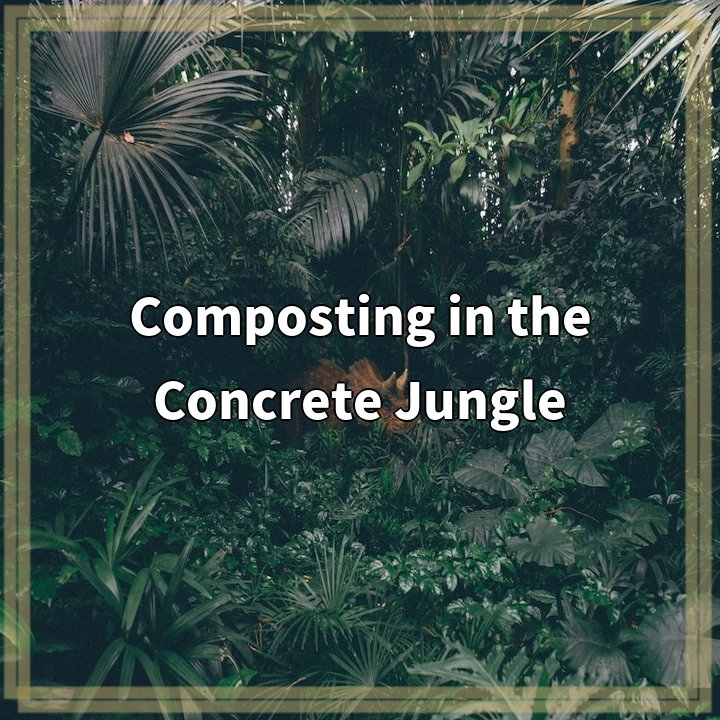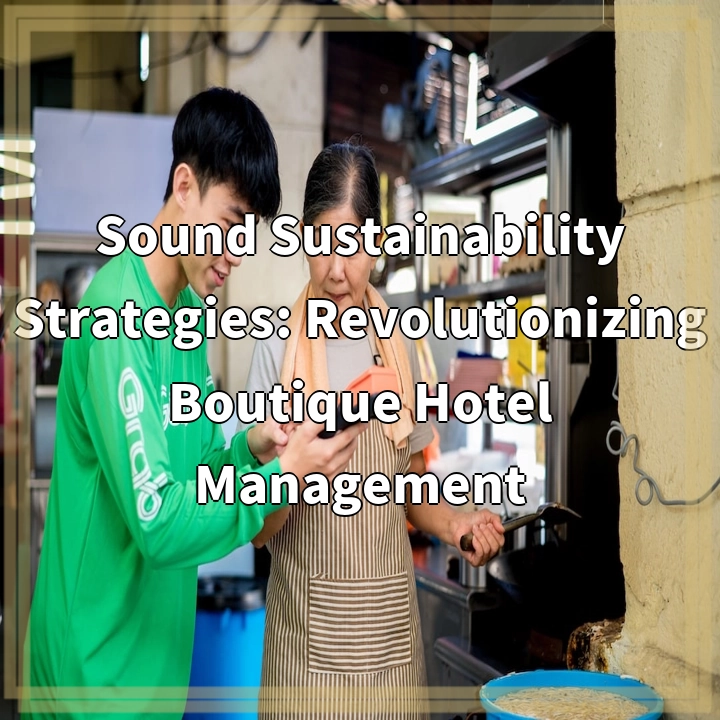
What is Composting in the Concrete Jungle?
Composting in the concrete jungle refers to the practice of composting organic waste in urban environments, where green space and access to traditional composting methods may be limited. It involves the transformation of food scraps, yard waste, and other organic materials into nutrient-rich compost that can be used to enrich soil and support plant growth.
Real-World Problems Associated with Composting in Urban Areas
Composting in urban areas poses unique challenges due to limited space, lack of backyard access, and the density of population. These problems can make traditional composting methods, such as backyard compost bins or piles, impractical or inaccessible for many urban dwellers. Some of the main real-world problems associated with composting in the concrete jungle include:
Limited Space:
In urban environments, space is often a precious commodity. Many apartment dwellers, high-rise residents, or those living in small city homes may not have access to outdoor spaces where they can set up traditional composting systems.
Lack of Backyard Access:
A significant challenge faced by urban dwellers is the lack of a backyard, which makes it difficult to have a larger-scale composting operation. Without a backyard, individuals may feel discouraged from composting or may think it’s not a viable option for them.
Density of Population:
Urban areas are often densely populated, which can create concerns related to odor, pests, and the potential for attracting wildlife to composting sites. These concerns must be addressed to ensure that composting practices are implemented in a way that is safe and sanitary for both humans and the surrounding environment.
Regulations and Permitting:
Depending on the city or municipality, there may be regulations or permit requirements for composting in urban areas. These regulations aim to address potential issues such as odor, pests, and proper management of composting operations. Understanding and navigating these regulations can be a challenge for urban dwellers looking to compost.
Awareness and Education:
Many urban dwellers may be unaware of the benefits of composting or the techniques and resources available to them for successful composting in their limited spaces. Lack of education and awareness can be a barrier to effectively implementing composting practices in urban areas.
Community Engagement:
Building a sense of community and collective action around composting can be more challenging in urban areas where residents may not have close relationships with their neighbors or have limited opportunities for engagement. Overcoming these barriers is essential for creating a culture of composting and fostering a sustainable urban environment.
Conclusion
Composting in the concrete jungle presents several real-world problems that can hinder widespread adoption of composting practices in urban areas. However, with innovative solutions, such as small-scale composting methods, community composting initiatives, and education campaigns, it is possible to overcome these challenges and promote composting as a viable and sustainable solution for urban dwellers.

Solutions for Composting in the Concrete Jungle
Composting in urban areas may seem challenging, but there are several innovative solutions and strategies that can be employed to overcome the real-world problems associated with composting in the concrete jungle. These solutions include:
Small-Scale Composting Methods:
One approach is to utilize small-scale composting methods that are suitable for limited spaces. This includes options such as vermicomposting, which uses worms to break down organic waste, or Bokashi composting, which employs a fermentation process to compost organic materials indoors. These methods are compact and can be implemented in apartments, balconies, or even in kitchen spaces.
Community Composting Initiatives:
Another solution is to establish community composting initiatives. These initiatives can provide shared composting resources and spaces, allowing urban dwellers to collectively manage their organic waste. By pooling resources, such as backyard spaces or vacant lots, community composting initiatives can create opportunities for composting on a larger scale, even in areas with limited individual access.
Education and Outreach:
Increasing awareness and education about composting in urban areas is crucial. By providing resources, workshops, and information to urban dwellers, they can learn about the benefits of composting, different techniques suitable for their living situations, and how to address common concerns like odor or pests. Education and outreach efforts can empower individuals to start composting and influence their wider communities to follow suit.
Incorporating Composting into Urban Design:
In urban planning and design, consideration should be given to integrating composting infrastructure and spaces. This could include incorporating composting areas in shared community gardens, rooftop gardens, or green spaces. By incorporating composting into urban design, it becomes more accessible and visible, encouraging more people to participate in composting activities.
Policies and Supportive Regulations:
To promote composting in urban areas, local governments should develop supportive regulations and policies. These should address specific concerns related to odor, pest control, and safe compost management. By providing clear guidelines and regulations, urban dwellers can navigate the composting process with confidence and without fear of violating any rules.
Conclusion
Composting in the concrete jungle can be made possible through various solutions. By implementing small-scale composting methods, establishing community initiatives, educating and raising awareness, integrating composting into urban design, and creating supportive policies, urban dwellers can actively participate in composting practices and contribute to a more sustainable environment in their cities.















